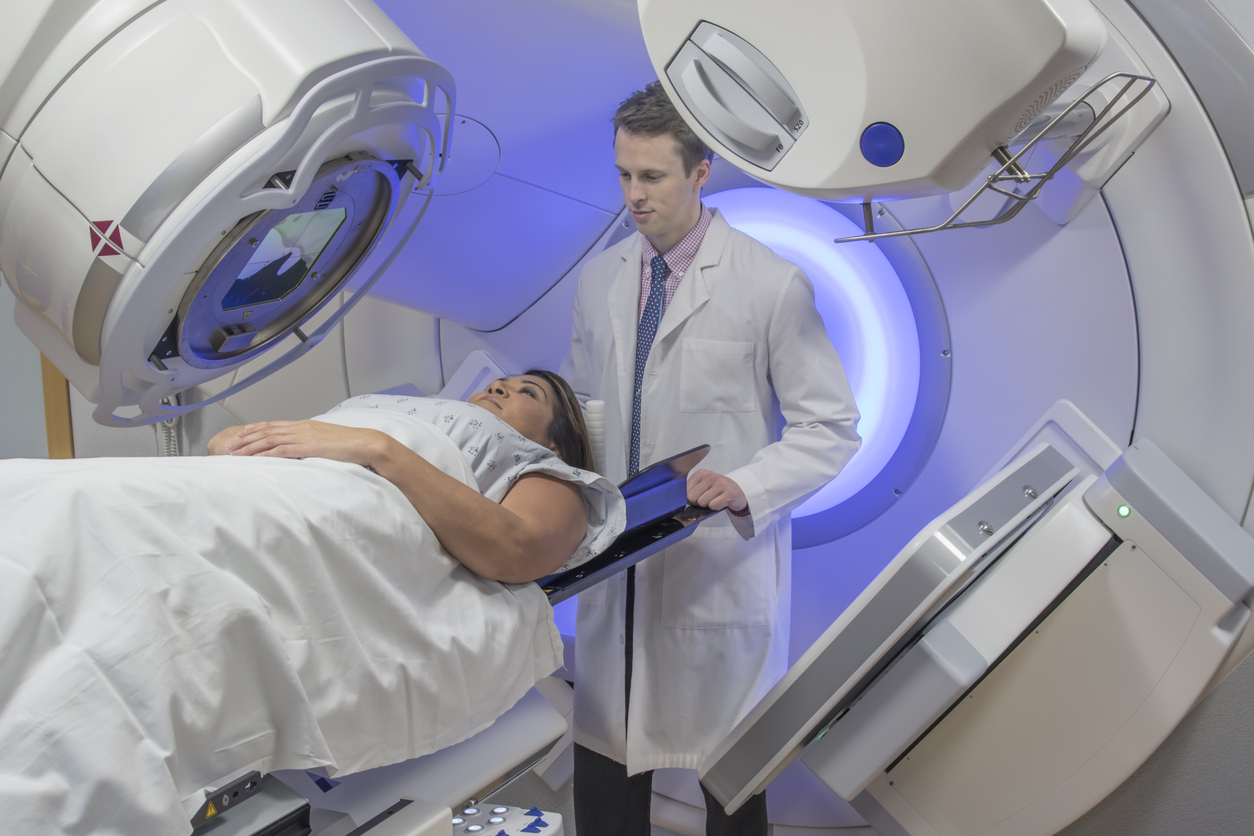How is metastatic breast cancer treated?

Hormone therapy, targeted therapies and chemotherapy are the main treatments for metastatic breast cancer. Metastatic breast cancer can be treated but not cured. The aim of treatment is to relieve your symptoms and improve your quality of life by slowing the growth of the cancer.
Treatment aims to keep the cancer under control, sometimes for many years. For some women, living with metastatic breast cancer is like living with a chronic (long-term) illness.

A treatment is used until it stops working or side-effects become difficult to control. Then another treatment is started. This can control the disease, sometimes for a long time.
Hormone therapy
The female hormones oestrogen and progesterone can cause the growth of some breast cancer cells. Changing the level of these hormones in your body can slow down or stop the growth of metastatic breast cancer. Hormone therapy is suitable if you have oestrogen-receptor positive or progesterone-receptor positive cancer. It is usually used as the first treatment for metastatic breast cancer.
You may have hormone therapy alone or in combination with other treatments.
Read more about hormone therapy for metastatic breast cancer
Targeted therapies
Different targeted therapies work in different ways. The types used for breast cancer usually work by stopping the breast cancer cells from growing and dividing.
Read more about targeted therapies for metastatic breast cancer
Chemotherapy
Chemotherapy drugs kill cancer cells thereby slowing down and controlling cancer growth. You may be offered chemotherapy:
- If your cancer is growing quickly.
- If the cancer is affecting how your liver or lungs are working.
- If you don’t have hormone receptors on your cancer cells or if hormone therapy isn’t working to control your cancer any more.
You may have chemotherapy on its own or together with other treatments.
Read more about chemotherapy for metastatic breast cancer

A medical oncologist is a doctor who specialises in treating cancer with drug treatments. Drug treatments are often used for advanced (metastatic) cancer.
Bone-strengthening drugs
Bone-strengthening drugs called bisphosphonates are used to treat the effects of metastatic breast cancer in your bones.
Bisphosphonates can help to strengthen bones weakened by cancer and reduce the risk of fractures. Bone pain can be reduced as well. In fact, the drug can help reduce pain that has not responded well to painkillers or is too widespread for local radiotherapy. They can also be used to lower calcium levels in your blood if you have a condition called hypercalcaemia.
Radiotherapy
Radiotherapy uses X-rays to destroy cancer cells. The aim of radiotherapy in metastatic breast cancer is to reduce the size of the cancer in some parts of your body and relieve symptoms such as pain. It is mostly used when the cancer has spread to your bones, lungs or brain. Or it may be given to control the cancer coming back in your skin or armpit.
Radiotherapy is a localised treatment, which means it only treats the area of your body that it is aimed at.
Usually you will only need a short course of radiotherapy. You may have a single dose or a dose divided over a few days. Because metastatic breast cancer usually only needs a short course of radiotherapy, most women have few side-effects.
Clinical trials
If you take part in a clinical trial, you may get a new drug or combination of drugs instead of standard treatment. Ask your consultant if you are suitable for a clinical trial.
Surgery
Surgery is rarely an option for people with metastatic breast cancer. It is not likely to remove all the cancer. Drugs tends to be a better option. You may have surgery to:
- Get a sample of tissue to send to the lab. The doctor will use the lab results to decide which treatment options are most suitable for your cancer. How the sample is removed will depend on where the cancer has spread.
- Treat a fracture or replace a damaged joint, if the cancer is affecting your bones.
- Help with lung problems.
- Remove small areas of cancer or drain fluid from your brain, if the cancer has spread there.
- Remove a small cancer in a single area of the liver, if the cancer has spread there.
- Help with cancer that has grown out through your skin, or is pressing on nerves and causing pain or a blocked bowel.
What’s the best treatment for me?
The best treatment for you will depend on:
- Where the metastatic cancer is in your body.
- If your breast cancer cells are positive or negative for hormone receptors or HER2.
- Your age and if you have gone through the menopause or not.
- Your previous cancer treatments and response to those treatments.
- How the cancer affects your everyday living and quality of life.
- Your personal preference.

Palliative care
Palliative care doctors and nurses are experts in managing the symptoms of advanced cancer, such as bone pain, tiredness or breathlessness. They are also called the symptom control team. Read more about side-effects and symptoms.
Having palliative care doesn’t mean that you’re at the end of your life. The expertise of the palliative care team means that your symptoms can be better managed and new problems can be spotted and treated early, to help you to feel as well as possible. The palliative care team may be involved in your care at many different times.
Read more about palliative care
For more information
Phone
1800 200 700




